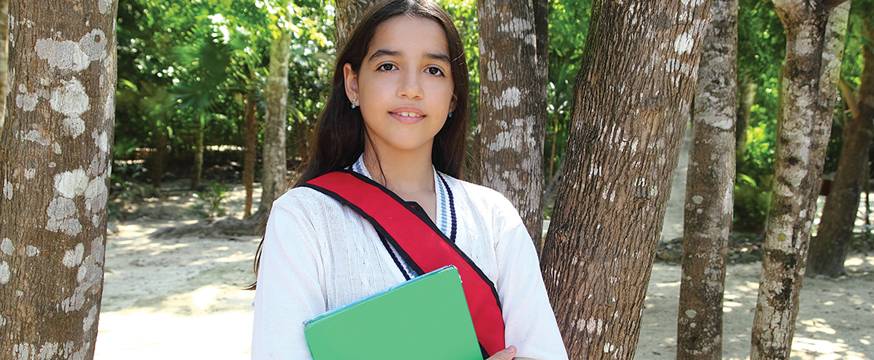
Educational monitoring in Euskadi
Research 17 Sep 2012 3 minute readACER is working with local partners in Spain on a longitudinal study in the northern Spanish region of Euskadi (or Basque Country) to compare the reading, maths and science achievement of students in bilingual and trilingual classes.
With partners Grupo Medida y Evaluación de Sistemas Educativos at the Complutense University of Madrid and the European Foundation Society and Education, ACER has been tracking two cohorts of students who were in Grades 4 and 7 in 2011. The three-year study will compare student achievement in schools with bilingual instruction in Spanish and Basque, and trilingual instruction in Spanish, Basque and English.
As Dr Tom Lumley, a Senior Research Fellow in ACER’s Assessment and Reporting research program explained, ‘ACER is providing the tests, drawing on test items from the Progressive Achievement Tests (PAT) for mathematics, science and reading, and the International Benchmark Tests (IBT) in English, maths and science.’
While Dr Lumley has a background in second language assessment and applied linguistics, his second languages background is, in his words, also ‘incredibly helpful.’
‘My languages – Spanish and French, mainly, but also a certain amount of Arabic, German, Portuguese and Italian – come in useful in many projects. Working for six years with verifiers on the OECD’s Programme for International Student Assessment (PISA) gave me a lot more useful experience,’ Dr Lumley said.
When Dr Lumley and his colleagues translate and verify items for the Basque Country longitudinal study, as for other second language assessments, they draw on the expertise of external professional translators. For the mathematics and science components, they begin with items in English that have to be translated into both Spanish and Basque. To enable results to be comparable across languages, it is essential that the Spanish and Basque tests are equivalent to the original English test and to each other.
The third year of the study, in 2013, will also draw on test items from the International Schools’ Assessment (ISA), which will allow the PAT and IBT results to be broadly aligned with the ISA scale. Modelled on PISA, using the ISA scale enables linking of the outcomes in this study to PISA results.
The goal, Dr Lumley explained, is to learn more about the impact of the language of instruction on student achievement.
